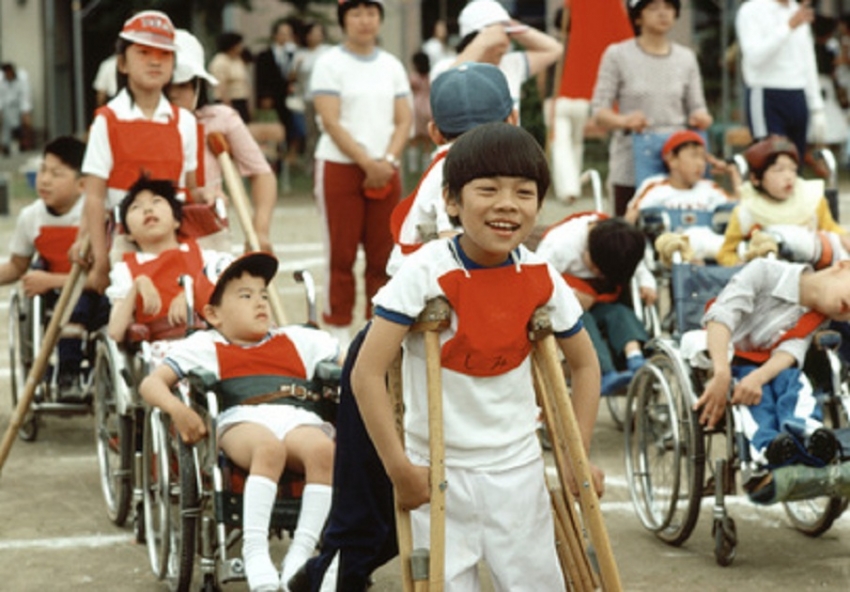The Supreme Court three-judge-bench comprising Justice Prasanna Jayawardena, Justice Murdu Fernando and Justice Vijith K. Malalgoda issued a Direction to eight government institutions to take effective measures to ensure the provisions of the Disabled Persons (Accessibility) Regulations No. 1 of 2006, in respect of public buildings, public places and places where common services are available.
The Supreme Court made this order pursuant to a Fundamental Right petitition filed by Dr. Ajith C. S. Perera, the Chief Executive of “IDIRIYA” organisation who works on “disability related access issues” which affect physically disabled people in day-to-day life.The Supreme Court further ordered the State to pay a sum of Rs. 50,000 to the petitioner on account of legal costs.
Accordingly, Court ordered the Minister of Social Services and Social Welfare and the Chairman of the National Council for Persons with Disabilities, Minister of Provincial Councils, Local Government, Minister of Housing and Construction, Minister of Megapolis and Western Development, Minister of Education, Minister of Justice and Prison Reform, Sri Lanka Tourism Development Authority and Urban Development Authority and the Secretaries of respective Ministries to take effective measures to ensure the provisions of the Disabled Persons (Accessibility) Regulations No. 1 of 2006, as amended, are forthwith implemented and complied with in the case of and in respect of public buildings, public places and places where common services are available which come under purview or control of the eight government institutions under the purview or control of local authorities, government departments, boards, statutory institutions, State agencies and public officers under the 1st to 8th respondents.
‘However, if valid practical and budgetary considerations necessitate that such implementation and compliance in an existing public building, public place and place where common services are available [as defined in clause 10 of the Disabled Persons (Accessibility) Regulations No. 1 of 2006], be temporarily deferred, that may be done, provided that, in such instances, implementation and compliance is achieved at the earliest possible opportunity,’ Justice Prasanna Jayawardena said.
The Court further order the relevant Ministry Secretaries to forthwith issue circulars or directions to all local authorities, government departments, boards, statutory institutions, State agencies and public officers under the purview or control of the 1st to 8th respondents, specifying that:
(a)Approvals for the construction or renovation of public buildings, public places and places where common services are available shall not be granted unless the building plans, designs and drawing relating to such construction or renovation, comply with the provisions of the Disabled Persons (Accessibility) Regulations No. 1 of 2006;
(b)Certificates of conformity in respect of public buildings, public places and places where common services are available shall not be issued unless it has been established, after inspection, that such buildings and places, comply with the provisions of the Disabled Persons (Accessibility) Regulations No. 1 of 2006, as amended.
The Supreme Court issued a further Direction to the 1st to 8th respondents and relevant Secretaries to the Ministries to take appropriate follow-up action, on a continuing and regular basis, to monitor compliance with the subject matter of Direction by local authorities, government departments, boards, statutory institutions, State agencies.
The court further ordered to take appropriate, disciplinary proceedings against public officers who are found to have granted approvals or issued certificates of conformity in breach of or in violation of or in disregard of the provisions of the Disabled (Accessibility) Regulations No.1 of 2006.
The Supreme Court observed that a failure to comply could entail the liability to be prosecuted in the Magistrate’s Court for the commission of an offence under the Act and, if found guilty, to be liable to punishment, as set out in the Act.
The Court issued a further Direction to the National Council for Persons with Disabilities acting together with the National Secretariat for Persons with Disabilities, to, in addition to the above, carry out an appropriate and effective public awareness programme designed to increase public awareness of the relevant provisions of the Protection of the Rights of Persons with Disabilities Act No. 28 of 1996 Act.
The petitioner graduated from the University of Colombo in 1975 with a B.Sc (Hons.) Degree. Subsequently, he read for and was awarded a M.Sc. He later qualified as a Chartered Chemist.
He is a Fellow of the Institute of Chartered Chemistry, Ceylon, and a Fellow of the Royal Society of Chemistry, London. He has been awarded an Honorary Ph.D. His working career included a period when he was a lecturer in the Department of Chemistry of the University of Colombo and, thereafter, employment as a senior manager at two multi-national companies.
The petitioner was also accredited as a Test Umpire by the Sri Lanka Cricket Board.He led a physically active life. In 1992, the petitioner was gravely injured and left with paraplegia when a wayside tree fell on to his car. Since then, the petitioner has actively campaigned to resolve the difficulties which physically disabled people face in day-to-day life in the community. In 2005, the petitioner founded an organisation named “IDIRIYA”. That organisation works on “disability related access issues” which affect physically disabled people in day-today life.
Petitioner Dr. Ajith Perera appeared in person. Senior State Counsel Rajitha Perera Attorney General.




















